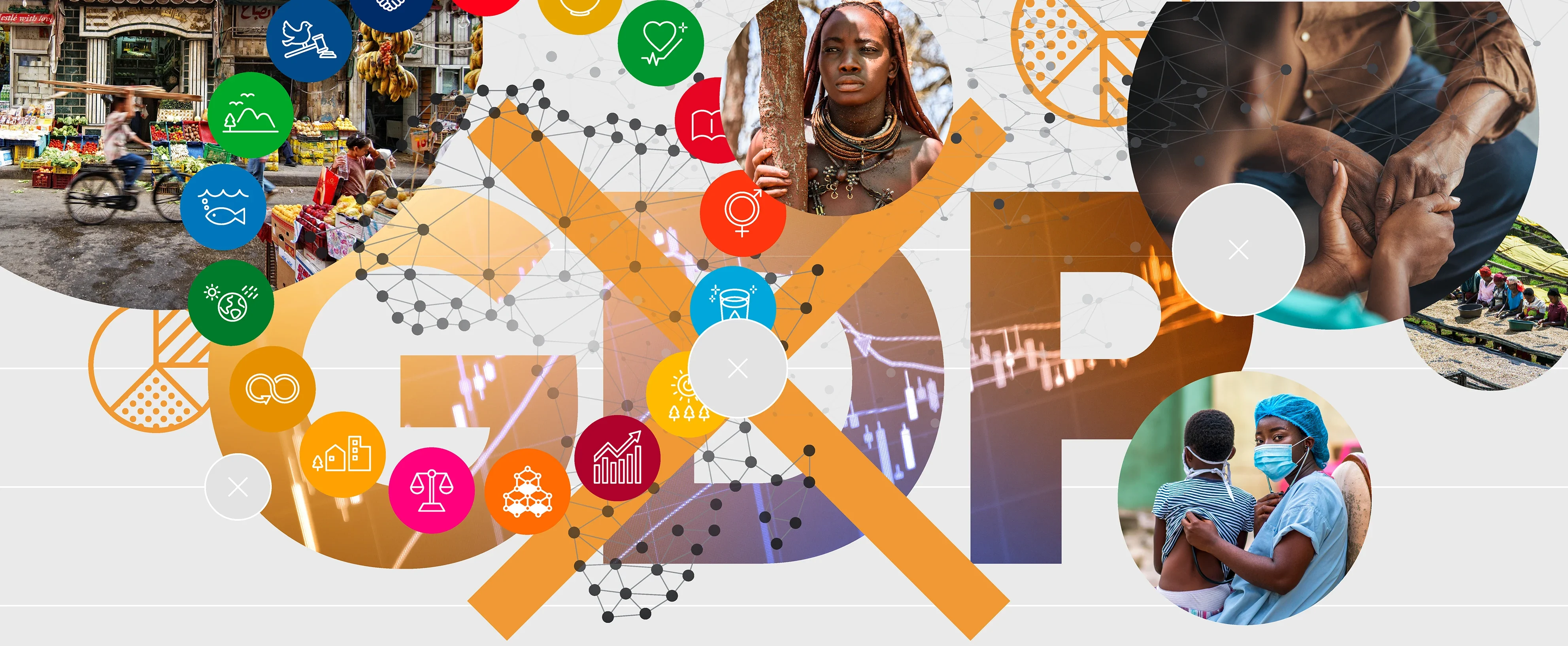Future Horizons:
10-yearhorizon
Global discussions focus on the experience of regions like Africa
25-yearhorizon
GDP replaced with more holistic indicators
Current economic assumptions, which link growth directly to job creation, are increasingly challenged by technological advancements like automation and AI, as well as changes in ecological and planetary conditions that are associated with growing inequality and more informal economies. Many low- and middle-income countries have experienced such conditions for decades, which provides experience that can inform how the global workforce will evolve and how societies can build resilience against future shocks. The need to ensure decent and dignified lives and working conditions in such countries also points to the need for experimentation with economic policies that go well beyond mainstream perceptions of growth and development.
In addition, the narrow, monetised interpretation of value in Western models, exemplified in the concept of GDP as the basic indicator of economic progress, often overlooks crucial factors such as Indigenous knowledge systems, community-level practices, ecological health and long-term resilience. Embracing these alternative perspectives, and coupling them with interdisciplinary approaches and proactive strategies for sustainable development, will be crucial for navigating the complex economic landscape of the future.7
Global economics - Anticipation Scores
The Anticipation Potential of a research field is determined by the capacity for impactful action in the present, considering possible future transformative breakthroughs in a field over a 25-year outlook. A field with a high Anticipation Potential, therefore, combines the potential range of future transformative possibilities engendered by a research area with a wide field of opportunities for action in the present. We asked researchers in the field to anticipate:
- The uncertainty related to future science breakthroughs in the field
- The transformative effect anticipated breakthroughs may have on research and society
- The scope for action in the present in relation to anticipated breakthroughs.
This chart represents a summary of their responses to each of these elements, which when combined, provide the Anticipation Potential for the topic. See methodology for more information.



